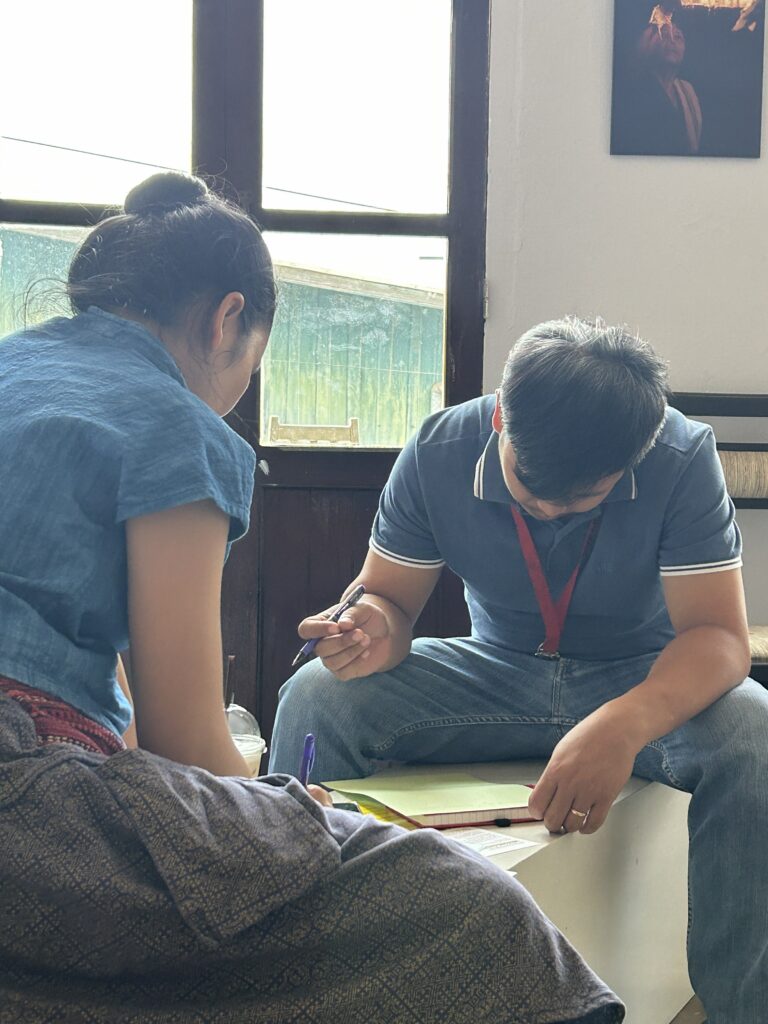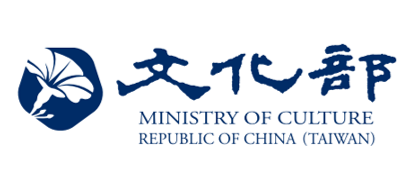Training Program: Psychological First Aid


ABOUT THE PROGRAM
Psychological First Aid can be compared to first aid for physical wounds; it refers to the help that you can give until full treatment is available. It involves enabling people to feel safe, comforting and listening to them, not pressuring them to talk, but helping them to feel calm and connected to support and information that they might need.
This training will help practitioners, who are facilitators or organizers of art and cultural events/projects, to learn skills that they can use to help the people they work with to: stabilise, ground and get support when they are dealing with the impact of emotionally challenging events. It will also support participants to develop a life-skill in psychological first aid, which you can apply to supporting friends and family as well as those you work with. It will also support participants to know themselves more and be better equipped to support their own emotional wellbeing.
If you have any questions about the program or the application, you can contact us at jennifer@mekongculturalhub.org
IMPORTANT INFORMATION
● Open call (Deadline: September 17th 2023)
● Program overview
● Application form
ABOUT THE TRAINER
Carrie is an Integrative Arts Psychotherapist, qualified Trainer, supervisor and consultant. She is a photographer, musician and singer/songwriter, with an avid interest in all of the arts for expression, social action and change. Carrie is also a trained Life-cycle Celebrant and is able to curate ceremonies and memorials with individuals groups and communities for any significant life event. Her passion is to enable communities, organisations and people to navigate transitions, crisis and emergencies through engaging in music and the healing arts, cultural rituals, ceremonies and celebrations. Carrie has run several workshops with MCH.
Frequently Asked Questions
Could you define the term Psychological First Aid simply?
Answer:
I’m sure you’ve all heard of First Aid for treating physical wounds. You may have learned the skill or heard that particular skill. First Aid is something we can all learn in terms of supporting anyone who has any physical injury.
Psychological First Aid (PFA) is also a skill that we can all learn. It refers to emotional support when there has been some sort of crisis or injury or event or situation that creates a psychological or emotional wound. Psychological first aid is learning how we can help people to feel safe, feel supported, to know what to do next. As human beings, we all have times in which we live through that, and some of you might be living in contexts where there are collective injuries going on.
How to take care of ourselves while supporting others is also a part of this program. That’s why we have the opportunity not only to have the training course but also to talk confidentially about what is going on in your specific situation through the (optional) one-to-one.
This is a very experiential program. I’m a creative therapist, so we will learn in a creative way. It won’t be lecture-style. It’s about learning together so we can embody that learning.
If I have no experience and no idea about Psychological First Aid (PFA), can I still apply to join this training? Will I need to prepare anything?
Answer:
There is no need for any specific ‘formal’ experience of pre-existing knowledge of PFA to join this program. I have run this training many times over the years, and what I’ve experienced is that people often come with no idea of what PFA is or how to do that. But what we quickly discover together is that most people are actually doing a lot of PFA in life in response to a natural instinct to take care of others. What we do during the workshop is to realise what we are already doing, the skills we already have and how to deepen these skills so we can learn to do more, such as how to refer, how to get other’s support, and how to be empowered.
It’s a life skill for everyone. It’s really drawn from the experience we already have within us. So everyone will have their story to share.
Can people outside the art field apply for this program?
Answer:
The program is only intended for people working in arts and culture. MCH’s priority is to support art and cultural practitioners working at the intersection of arts and society. The reason for us to ask Carrie to come and open this course for us is that many of our network have reported cases of art and cultural practitioners experiencing traumatic situations or working with communities who are facing traumatic experiences.
At the moment, at my work, we host the screening and discussion on mental wellbeing. To illustrate details, we show the videos that we made related to mental health then the counsellors are invited to give a Counselling workshop for two hours. However, the challenge is we don’t have any guidelines for hosting the event, and we have no idea how to create a safe space for them. Can you help with that?
Answer:
During the workshop, we’ll go in-depth into ensuring safety and how to enable that; including looking at the general context of safety and how to create a safe space. From your question, it seems like you’ve got a very specific area that you want more input on how to deal with your specific context. This is where the follow-up consultation session will be really helpful. One of my roles is to supervise people who do projects like this, so if you participated in the course, there would be a chance for you to really talk that through in-depth so we can explore what exactly you need.
OTHER TRAINING PROGRAMS
PARTNERS & SUPPORTERS
This program is possible thanks to support of organisations and individuals including:
